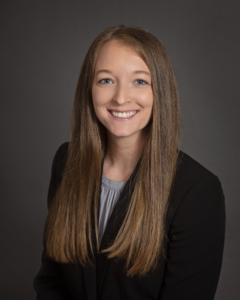The National Center for Rural Health Professions is starting a new “Friday Feature” where we highlight our RMED students to help us learn more about how rural health has impacted them! This week, we would like to introduce you to Lucy (Lucienda) Adams, a 4th year RMED student originally from Dahlgren, IL. We asked Lucy a few simple questions about her background and why she chose the rural health career path she is on. With her overwhelmingly positive responses about the program and her admiration for the people she is on this journey with, we are happy to know that her decision to follow her heart to RMED was the best one she could have ever made for herself and for her community! Read on!

Why did you choose to focus on rural medicine?
I grew up in rural Southern Illinois where my primary care physician was a huge part of the community. Particularly, a community whose members were willing to give anyone the shirt off their back. Not only did my PCP help mentor and shape me, but the community did as well. It only seemed fitting to pursue a medical school that had the unique opportunity to have a secondary curriculum in rural medicine which would allow me to gain skills to continue to serve and advocate for the type of community that helped me get to where I am today.
What has been something you have found to be an unexpected, yet pleasant surprise during your RMED experience?
The people! Initially, I was skeptical about moving 5 hours north to Rockford, which is the largest city I’ve ever lived in. Not only were the faculty and staff associated with the RMED program and NCRHP amazing and welcoming, but my fellow RMED students in my class have been vital to my success in medical school. I was able to find my “Tribe” of people who have similar goals and values in life as I do, as we all grew up in small, rural communities in Illinois. These awesome people instantly became my support system in my new home 5 hours away from family. I know the friendships I have been able to create through the RMED program are some that will last a lifetime.
Are you involved in any extracurricular activities? If so, which ones? How have they added to your experience as an RMED student?
Yes, I have been involved in many extracurricular activities while I have been in medical school. One particular activity was serving as a camp counselor at the Rural Health Professions Camp for rural high school students who were interested in the health care field. I was able to not only help them through the week’s activities, but also serve as a mentor to the students and help them understand the need for increased healthcare in rural areas. I served on the Executive Board as President, Secretary, and class representative for the Family Medicine Interest Group. I also helped create and served on the Executive Boards for both the Geriatric Interest Group and the Sports Medicine Interest group on campus. I have enjoyed volunteering at the Rockford Rescue Mission, the Bridge Clinic which provides free healthcare to Rockford residents, as well as Faithful to Fitness, and Maya’s House programs in Rockford.
What advice would you give to students applying to medical school? How would you encourage them to consider rural health?
To any student with an interest in medicine, I would say to do some job shadowing early on and find a good mentor! Having someone to bounce ideas off of is a great asset when navigating getting into medical school as well as throughout your studies. Once you have officially decided to pursue medicine, start to really focus on making a great Resume or CV. You want people to be able to see how dedicated you are to medicine and community service. Yes, grades are important, but being able to show medical schools who you are outside of school is also very important. Rural America is ALWAYS needing physicians. Not only would you be taking care some of the best people, but you would be able to make a huge impact on the community you serve. Many hospitals will also be able to offer rural physicians loan repayment packages, so you could essentially go to medical school for free while serving communities like the one you may have grown up in.
While in your medical studies, what is something you have had to learn to do differently?
One thing I had to relearn, as cliché as it may sound, is how I learn. I found out during my first month of medical school that the content and presentation of the content is much different than anything I had ever experienced before. The biggest “learning curve” was figuring out how I learn effectively.
What hobbies/interests do you have outside of school?
I love to do anything sports related – working out at the gym, going to Orange Theory Fitness Classes, I ran my first Tough Mudder 5K this fall, and I participated in the school’s slow pitch softball league as well. I also enjoy traveling, working on classic cars, repurposing furniture, and spending time with my family and friends.
Is there anything else you’d like to share about yourself or your RMED experience?
Aside from the amazing people in RMED, I wanted to add that RMED can open so many doors of opportunity for students. Hospitals will be knocking down your door as an RMED student wanting you to come work for them because they know the quality of the physicians this program has helped produce. In addition, I have had the great opportunity to work with the NCRHP and Dr. Hinkle in research opportunities. I was able to come up with my own independent research project focusing on evaluating the Rural Health Professions Camp that I was a camp counselor at. It has been very exciting to have my own research be published by the end of my time as a medical student.
As you can see, the RMED program is extremely grateful to have Lucy in our program! Check back next Friday to get to know another “Friday Feature” RMED student!


